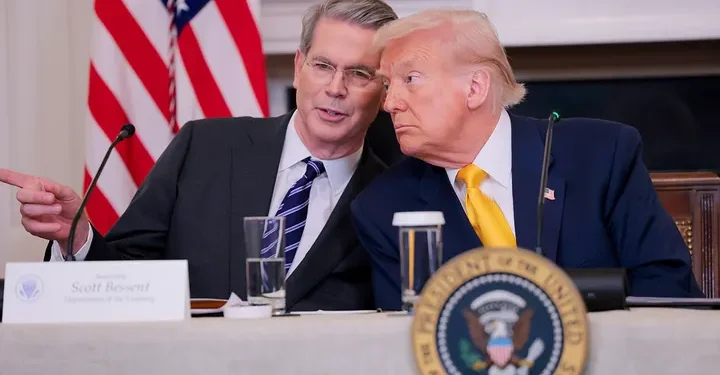A federal judge dismissed an emergency lawsuit this week that aimed to stop President Donald Trump’s sweeping tariffs from taking effect, sending the case to the U.S. Court of International Trade (CIT) for further review.
U.S. District Judge T. Kent Wetherell II denied a Florida-based stationery company’s request to pause their challenge to Trump’s tariffs. He noted the case belongs before the CIT, which is already handling several similar lawsuits.
Judge Wetherell indicated that Trump has the authority under the International Emergency Economic Powers Act (IEEPA) to impose these broad tariffs for reasons beyond just raising revenue.
This marks the first time a federal judge sided with Trump’s claim that the 1970s-era law allows him to enact tariffs unilaterally for other purposes. It’s a short-term win for the administration, which prefers to move its cases to the New York-based CIT.
US Court of International Trade Backs Trump in Tariff Dispute
The ruling comes amid multiple lawsuits nationwide challenging Trump’s use of IEEPA as the legal basis for the new import fees.
However, Judge Wetherell referenced the precedent set 50 years ago in United States v. Yoshida International Inc., a Nixon-era case involving a Japanese zipper company, saying it effectively answered whether the president can impose such tariffs.
He agreed Trump’s stated reasons—stopping the flow of illicit drugs into the U.S. and addressing an ongoing trade deficit with China—meet the conditions for invoking IEEPA.
“Likewise, the stated purpose of the tariffs at issue in this case is to help stem the flow of illicit drugs into the United States and to remedy an ongoing trade imbalance, not to raise revenue,” Judge Wetherell said.
Still, this victory may be temporary. It remains uncertain whether Trump will maintain an advantage at the Court of International Trade, though that court has historically shown some sympathy to the administration.
Federal Judges in New York and Texas Block Trump Deportations After SCOTUS Ruling
Earlier this year, a three-judge panel rejected a bid by small businesses to halt Trump’s tariffs immediately, saying plaintiffs didn’t prove they’d suffer “immediate and irreparable harm” from the penalties.
It’s been half a century since the CIT (formerly the Court of Customs and Patent Appeals) ruled on presidential tariff powers.
David H. Feldman, economist and William & Mary professor, told Fox News Digital that there’s a big difference between a small 1970s case and today’s administration trying to broadly apply vaguely worded national emergency powers from decades ago.
“If the courts ultimately punt completely, and say these statutes mean whatever the president thinks they mean, then we have descended into a world where the commander-in-chief can make these determinations on a whim,” Feldman said. He warned this would leave “no check on the presidential power to manipulate markets.”
Judge Wetherell, however, disagreed.
“The reasoning in Yoshida is persuasive, and the Court sees no reason why it would not apply to IEEPA because the operative language of IEEPA is identical to the operative language in TWEA,” he said.
This ruling arrives amid a wave of lawsuits targeting various Trump actions, including challenges to the government’s “efficiency” agency led by Elon Musk, blocking the birthright citizenship ban, and disputing tariffs, among others.








